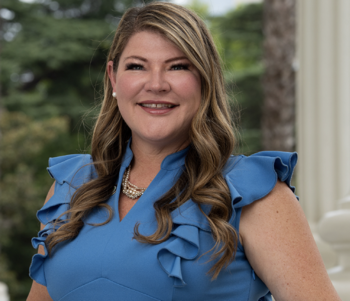Whodunit Brewing in California: What Killed California’s Affordable Broadband Law?
Last week, a California Assemblymember who had sponsored legislation for a broadband affordability law abruptly withdrew the legislation.
But what really killed the broadband affordability bill in California? Was it opposition to the proposed legislation from within the state or pressure from the Trump administration?
The Bill Was Advancing Until…
Modeled on New York’s Affordable Broadband Act (ABA), the California Affordable Home Internet Act was first introduced in January. It aimed to require Internet service providers that operate in the Golden State to offer a $15 per month broadband service plan for income-eligible households.

The proposed legislation was introduced as AB 353 by Assemblymember Tasha Boerner and was initially supported by the California Alliance for Digital Equity (CADE).
Over the intervening months, CADE and proponents of the bill offered resources and recommendations on how the bill could be made more effective than the ABA, hoping to avoid the pitfalls that advocates were seeing with the rollout and implementation of New York’s law.
On June 4, the California bill advanced through the state Assembly and moved on to the state senate by a 52-17 margin.



